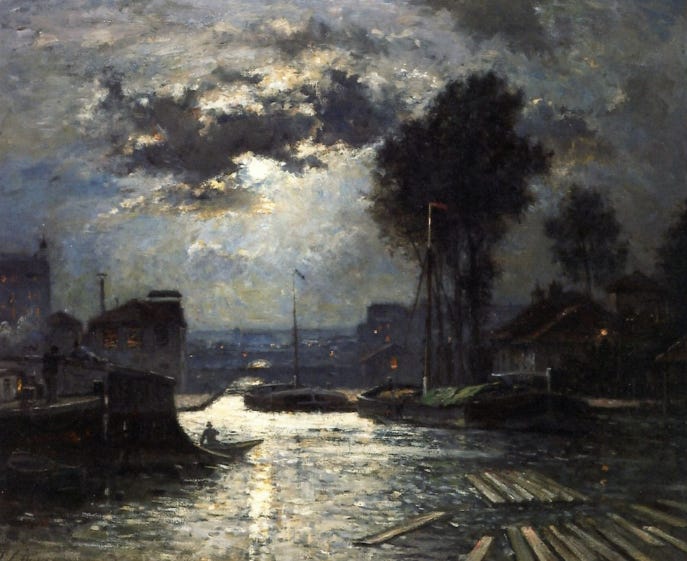Chapter 6 Author Notes
Of Birds, Arias, The Little Corporal, and Pollution
Have you ever seen a Eurasian Blue Tit? I hope I get lucky and see a pair like Louisa did when I visit Paris next month. They are beautiful little creatures.
Short with a purpose is the best way to describe this chapter. I wanted to provide the reader with a plausible reason that the Last Chance Tour exists from the school’s perspective, and the headmistress, lovingly known as Buttons to the clan of the Dissipated, is the perfect character to provide insight into why the archaic, dare I say misogynistic tour tradition began. She also gives some great insight into why the schools’ founder established them in the first place.
The actual quote from the Little Corporal, the nickname given to Napoleon by his soldiers, “Bring up for us believers and no thinkers,” was pretty damning in that regard. I think Louisa is rightfully justified in her response. Regardless of the emperor’s intent, many of the girls from the Legion d’honneur schools became influential intellectuals as well as wives and mothers of many of France’s elite families. Thus, I thought it plausible for something as strange as the last chance tour to occur. If something like the tour weren’t logically possible, I would be writing something different today.
The inspiration for the pollution I describe as they reach the river came from pictures such as the ones above. The first picture is of a canal in St. Denis where much of the work took place, while the other sees it from far away. I’m sure the truth of how awful it was lies in the middle somewhere.
And lastly, you might be asking yourself how much opera the author listens to. Zero. Well, maybe not zero. I know I’ve attended at least one, and if that is the case, I might have been to more, but they were not memorable. Before you label me a hater, I love musicals and symphonic music. I’m just not a fan of opera.
That said, all the references to music in my books need to be free to use by being in the public domain. Having picked the 1870s and 1880s for my books’ setting, I have yet to find a copyrighted work that was popular at that time that is not available. Just because I can use any song from that time doesn’t mean I pick any old song. To match the scene, I spend a lot of time researching famous songs from that location.
The aria that Louisa sings, from Orpheus in the Underworld, fits the first two requirements. This particular song struck the scene’s bullseye because it discusses a Greek girl being killed by her husband. And to Louisa this is a plausible outcome for any matches made on the tour.
I’m going to go write now. I’m supposed to be putting out thousands and thousands of words.





